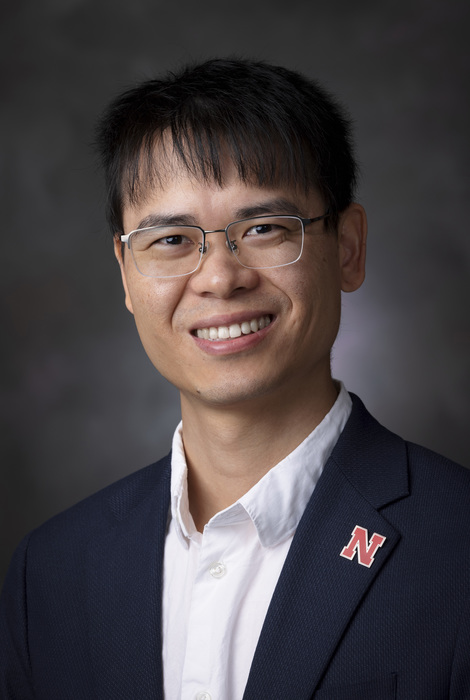NeTS: Small: AutoSlicing: Safe Online Autonomous Network Orchestration Towards Pervasive Slicing-as-a-Service
This project is supported by NSF #2333164 (09/01/2024-08/31/2027).
Project Description
Sharing network resources using "network slicing" is the key technique in cellular 5G and beyond wireless networks to flexibly and cost-efficiently support emerging applications with extremely diverse needs, such as augmented reality (AR), autonomous driving, and unmanned aerial vehicle (UAV). With the momentum of open network initiatives (e.g., O-RAN), the network orchestration problem--how to provide needed resources to a dynamic and diverse set of applications--becomes increasingly complex and challenging, due factors such as the high number of network states and the need for nearly real-time control (e.g., milliseconds). Existing coarse-grained solutions cannot tackle this fine-grained network orchestration problem in terms of responsiveness, cost-efficiency, and autonomy, which limits the wide adoption of network slicing by telecommunication network providers. The vision of this project is to achieve network slicing as a service (slicing-as-a-service) with autonomous network orchestration to agilely support arbitrary mobile applications with extremely low costs. This project would advance online network automation in next-generation mobile networks, in terms of autonomy, intelligence, adaptability, and assurance.
This project outlines a new autonomous network orchestration framework (AutoSlicing) to achieve pervasive slicing-as-a-service towards next-generation mobile networks. The fundamental idea is to enable deep reinforcement learning (DRL) policies to continually learn to orchestrate and adapt to domain shifting with assured service-level agreement (SLA) of slices via interacting with real-world networks. Specifically, the following research thrusts will be investigated. First, new offline simulator augmentation techniques will be designed to reduce the sim-to-real gap by augmenting existing network simulators. Second, new online network orchestration techniques will be designed to prepare the Deep Reinforcement learning policy for potential domain shifting in real-world networks. The augmented simulator will be used for policy training and evaluation during online network orchestration. In addition, AutoSlicing will be implemented and deployed on an end-to-end mobile network at a site-scale testbed at UNL and a city-scale PAWR platform.
Personnel
- Principal Investigator: Dr. Qiang Liu, Assistant Professor, School of Computing, University of Nebraska-Lincoln
- Graduate Student: Yuru Zhang, School of Computing, University of Nebraska-Lincoln
Publication
- InSlicing: Interpretable Learning-Assisted Network Slice Configuration in Open Radio Access Networks, Ming Zhao, Yuru Zhang, Qiang Liu, Ahan Kak, Nakjung Choi, IEEE INFOCOM NG-OPERA, 2025
- AdaSlicing: Adaptive Online Network Slicing under Continual Network Dynamics in Open Radio Access Networks, Ming Zhao, Yuru Zhang, Qiang Liu, Ahan Kak, Nakjung Choi, IEEE INFOCOM 2025-IEEE Conference on Computer Communications, 2025
- Information Bottleneck-Based Domain Adaptation for Hybrid Deep Learning in Scalable Network Slicing, Tianlun Hu, Qi Liao, Qiang Liu, Georg Carle, IEEE Transactions on Machine Learning in Communications and Networking, 2024
Talks
- InSlicing: Interpretable Learning-Assisted Network Slice Configuration in Open Radio Access Networks, IEEE INFOCOM NG-OPERA, London, UK, May 2025
- AdaSlicing: Adaptive Online Network Slicing under Continual Network Dynamics in Open Radio Access Networks, IEEE INFOCOM, London, UK, May 2025
Education
- Ongoing
OutReach
- We showcase the AutoSlicing project at the Raikes School Research Fair in 2025.
